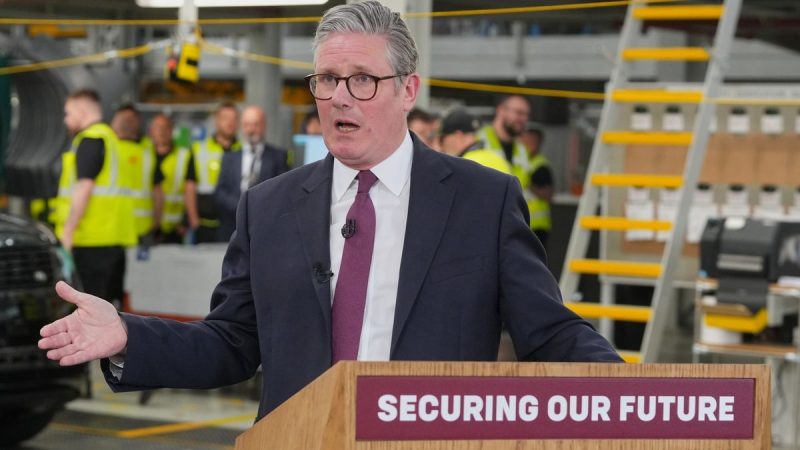
In 2019, Tony Blair famously declared globalization a ‘force of nature, not a policy.’ But the recent actions of world leaders, particularly Donald Trump’s ‘Liberation Day’ tariffs, are forcing a reevaluation of this long-held belief. Current UK Prime Minister Keir Starmer has gone so far as to declare the era of globalization effectively over, citing its impact on national security and the global economy. This statement, while met with some bewilderment, reflects a growing sentiment that the world order, as we knew it, has fundamentally shifted.
The shift isn’t sudden; it’s been a gradual process. Job losses to developing nations and the global financial crisis had already eroded public trust in the post-war economic orthodoxy, both in the US and elsewhere. Trump’s actions, however, have acted as a catalyst, exacerbating existing anxieties and resentment towards global trade. His ‘win-at-all-costs’ approach stands in stark contrast to the previously held notion of mutually beneficial global cooperation.
Commentators have drawn parallels to the fall of communism, suggesting that Trump’s initial tariffs were a harbinger of things to come, a ‘Gdansk moment’ foreshadowing the larger collapse. The recent ‘Liberation Day’ measures are seen by some as the ‘Gorbachev moment,’ marking a decisive turning point. While the collapse of the American-led post-war order may seem alarming, it doesn’t necessarily mean widespread chaos will follow. The belief that this order was the only possible, or even the best, system for the world is being challenged, opening up the potential for a more inclusive and equitable global system.
Starmer’s government is attempting to navigate this new era, promising a more active and reformist approach to address the needs of its citizens. This doesn’t necessarily mean a complete rejection of globalization, but rather a push for a more balanced and fairer version. The future remains uncertain, but the prevailing consensus is that the world is entering a new phase, one defined by less interconnectedness and a greater emphasis on national interests. The question isn’t whether globalization is ending, but what will replace it.










